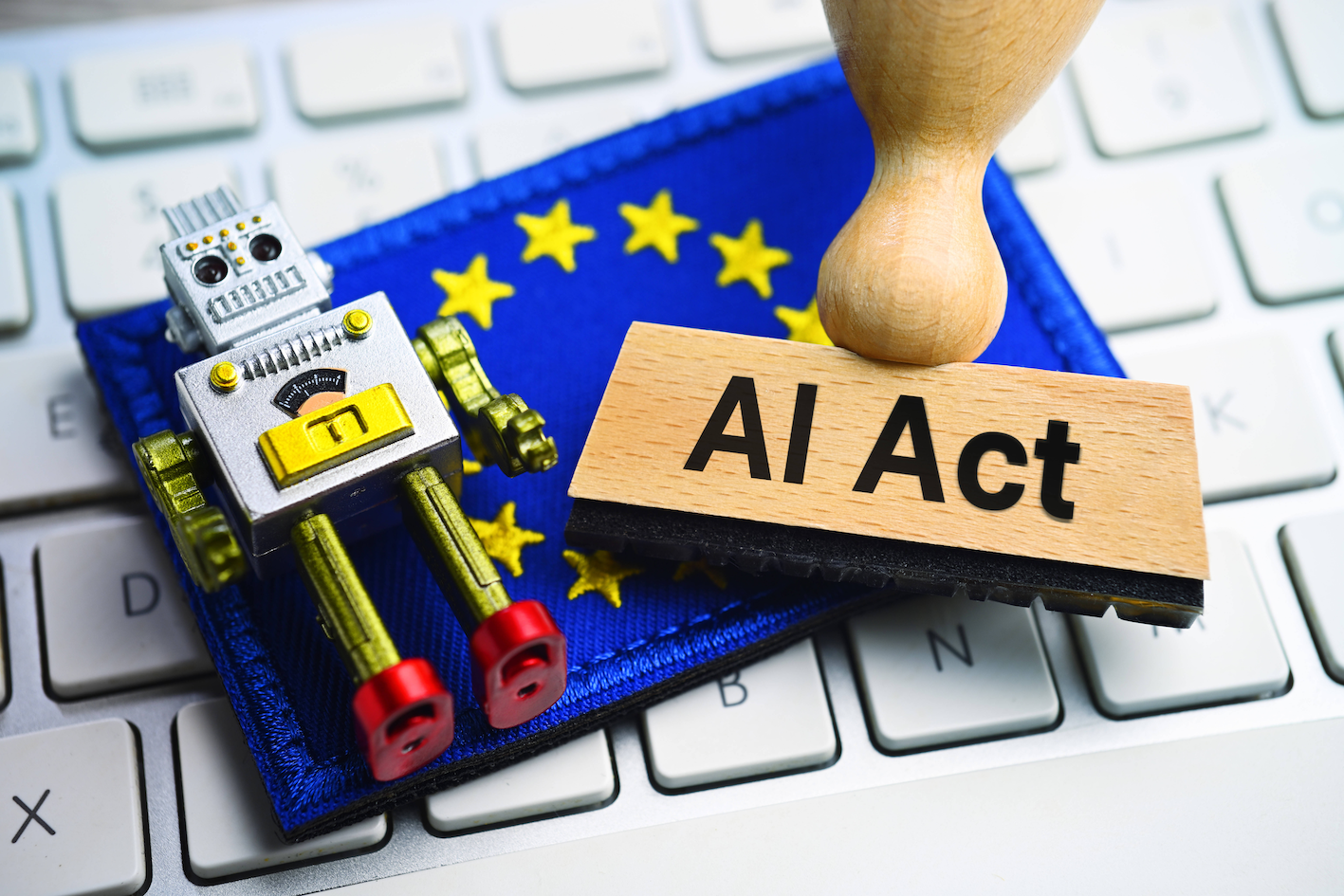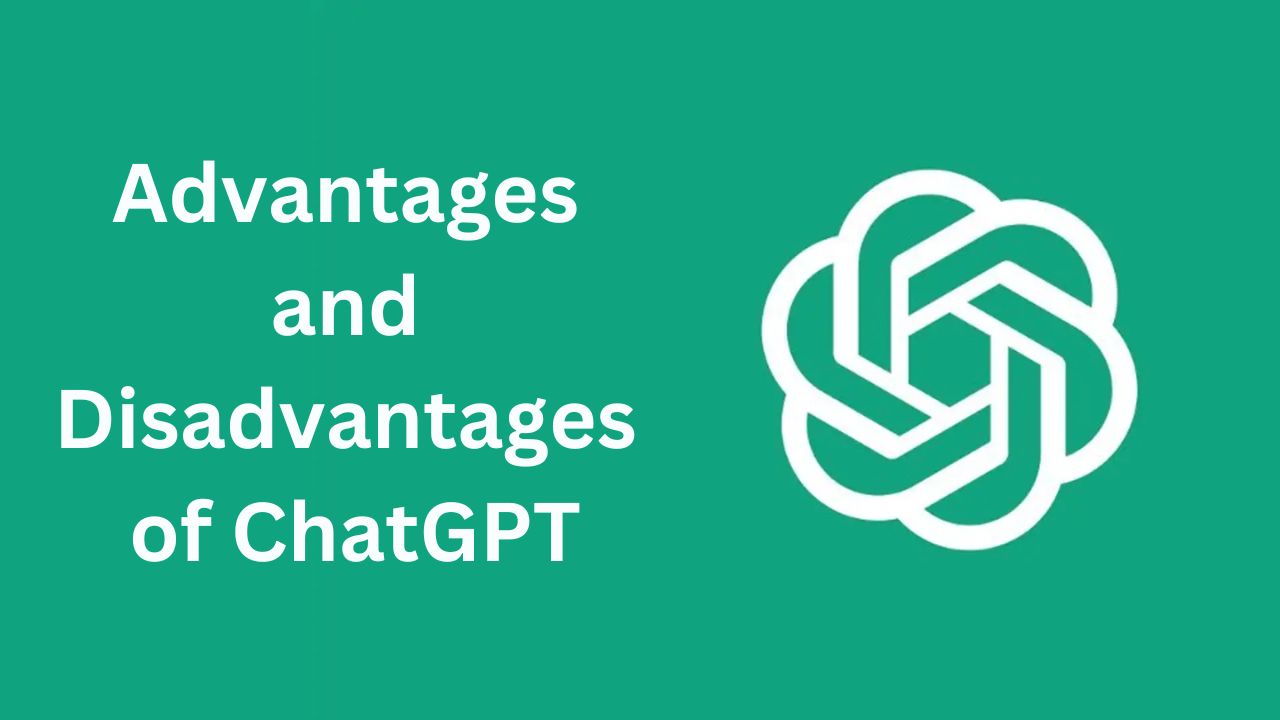Is ChatGPT Good or Bad?
The emergence of ChatGPT and similar AI chatbots has revolutionized the way individuals interact with technology. Developed by OpenAI, ChatGPT is designed to produce responses that mimic human conversation, enabling users to ask questions, seek advice, and engage in discussions on a wide range of topics. However, as AI chatbots like ChatGPT become increasingly integrated into everyday life, debates have arisen regarding their advantages and potential drawbacks. Let's delve into an analysis of ChatGPT's positive and negative impacts.

Accessibility and Convenience
ChatGPT offers prompt answers to queries across diverse subjects, ranging from technical support to language translation, providing immediate assistance. This accessibility ensures that information is available at any time, bridging the gap between human knowledge and AI-generated responses. Many users appreciate its value for tasks that would typically demand more time or external resources.
Enhanced Productivity

AI-powered tools like ChatGPT have the capacity to streamline workflows. Professionals leverage ChatGPT to compose emails, generate content concepts, and even create code snippets. By handling repetitive tasks efficiently, users can focus on more critical assignments. This boost in productivity has made ChatGPT a popular choice across corporate and creative sectors.
Language and Writing Assistance
ChatGPT excels in enhancing language comprehension and refining writing skills. It aids non-native speakers in grammar correction and assists writers in overcoming creative blocks. Moreover, the tool generates language-learning exercises and acts as an interactive tutor, enabling users to practice conversational skills in various languages.
Customer Service Support
ChatGPT has transformed customer service by delivering prompt and personalized responses. Many companies have integrated AI chatbots into their support systems, thereby reducing wait times and providing solutions round the clock. AI-driven customer support is rapidly becoming a standard practice across industries, including retail and banking.
Educational Aid
ChatGPT serves as an excellent educational resource, simplifying complex subjects and elucidating concepts clearly for students. The tool dissects information, aids in research, and generates practice quizzes. Many educational institutions are exploring the potential of AI in enriching learning experiences.
Misinformation and Inaccuracy
Despite its sophisticated algorithms, ChatGPT may occasionally generate inaccurate information due to its inability to verify facts in real-time. The absence of fact-checking mechanisms can lead users to receive outdated or misleading data. Relying solely on AI responses, particularly in critical fields such as medicine or finance, carries inherent risks.

Privacy Concerns
Privacy remains a significant concern with AI chatbots like ChatGPT, as conversations are stored for improvement purposes, prompting inquiries about data security and confidentiality. Users are advised to exercise caution when sharing personal or sensitive information. Regulatory bodies are actively evaluating how AI platforms handle and safeguard user data.
Potential Job Displacement
The automation capabilities of AI raise apprehensions regarding job security in domains such as customer service, content creation, and data analysis. While AI tools enhance productivity, there is a looming risk of diminished demand for certain roles. Advocacy for policies that strike a balance between innovation and job preservation is prevalent among workers in sectors susceptible to automation.










